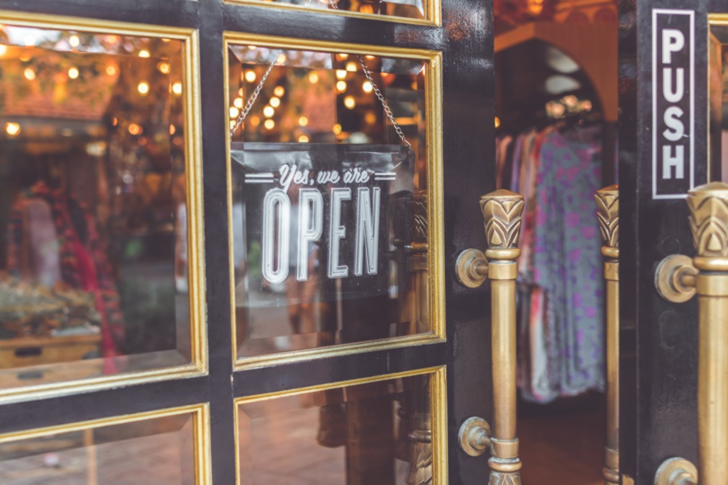The 7 Types of Insurance to Protect Your Business
Venturing into a new business is already a risk in itself but getting into it also exposes yourself to other risks. A single catastrophe could wipe out your small investment before you have the chance to recover. So you might ask yourself, is there some kind of protection that you can purchase against these unexpected losses? The good news is, there are several options that you can choose to protect your assets and it’s best to secure them as soon as you put up your business.
1.Professional Liability
This type of coverage is also called the errors and omissions (E&O) insurance, which offers protection against damages as a consequence of mistakes or failure to perform. Each business has its own set of challenges and concerns, and a single policy won’t cut it. Having a customized drawn up policy provides your business with protection against a range of claims and damages. Professionals like accountants, lawyers, and physicians secure this kind of protection that covers them against negligence claims initiated by their clients.

2.Property
Another important protection that your business needs is a policy for your property. Regardless if you own your space or lease it, you will be covered for any damages or loss on your equipment, signage, inventory, and furniture in the event of fire, theft, or natural calamity like a storm. Unfortunately, mass destruction like floods and earthquakes are not generally covered under standard property insurance. In any case, if your location is prone to these calamities, do check with your insurer to draw up a separate policy. The property policy is usually made up of a set of policies that covers a range of protection for your home against damages that may also include flood or earthquake.
3.Workers’ Compensation
It is advised that you secure a workers’ compensation policy as soon as you hire your first employee. This protection offers wage replacement and medical benefits to employees that are injured in the course of their employment. In turn, the employee gives away their right to sue or file against their employer. On the other hand, this gives the business protection against losses resulting from an employer’s injury or death that is related to work. This provides for medical treatment, disability, and death benefits to the involved employee. Regardless of the employee’s work is low risk, any injury or medical condition could result in an expensive claim so it would be best to have protection against these types of incidents. It is also a statutory obligation to secure this kind of protection.

4.Home-based Businesses
There are many perks working from home including less commute, less stress, and more time with the kids. Likewise, many investments are born from their own homes, from conceptualizing the idea to its small operations. When it becomes a full-operational business, then you’ll have to think of ways of protecting it. However, your homeowner’s policy doesn’t cover home-based businesses in the same way a commercial property policy does. So if you’re operating a business in your home, talk to your insurer to draw a policy for you. This will offer protection for your equipment and inventory that are included in the operations of your business should a problem arise.
5.Product Liability
If your business is into manufacturing, then a liability policy should be in place. While a lot of standards are set to make sure your products are safe and reliable, sometimes there’s a small margin that could be a potential lawsuit. So a product liability insurance is offered to protect you in these kinds of instances. The policy can be drawn up specifically for the products that you make. The coverage includes protection to the business in case of damages to a person or property resulting from the product made, designed, or manufactured.
6.Vehicle
Just like your own personal vehicle, if a company offers one for company use, then vehicle insurance should be in place. Unfortunately, your personal car policy does not extend to your business vehicle. Likewise, you should make sure your business is well-protected against liabilities that may result from accidents in one of your company cars. The least coverage you could get is for a third-party injury although a comprehensive policy will also cover the other party’s vehicle too.
7.Business Interruption
A disaster or catastrophe can potentially stop your operations, even worse, can put you out of business for good. In these scenarios, business interruption insurance can help you out. Natural disasters can cause an extreme loss in income due to possible damages to properties and temporary loss of workforce, which means no one can manufacture the products or make sales calls. The business interruption policy is applicable to businesses with physical locations such as retail stores and it will compensate your business for any lost income during these events.
It is important to talk to your wealth advisors to know what type of protection your business needs. It is necessary to get the appropriate coverage to prevent a major financial loss because of a lawsuit or a disaster.
Based from materials from Entrepreneur
Photo Credits:
Photo by Startup Stock Photos from Pexels
Photo by Artem Beliaikin from Pexels
Photo by Suzy Hazelwood from Pexels
